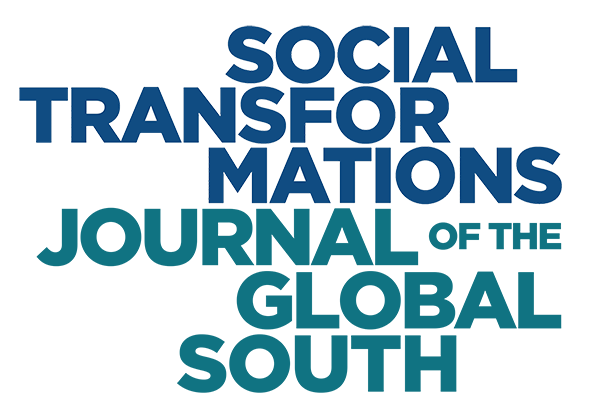War on Drugs: The Church’s Resilient Mission of Resistance
Jojo M. Fung, S.J.: JOJO M. FUNG, S.J. facilitates learning at EAPI in modules like Leadership and Cultures, Spirituality and Cultures, New Evangelization and Leadership, Amoris Laetitia and Pastoral Leadership, Mission as Ecological Responsibility. He is also an assistant Professor of Contextual Theology at the Loyola School of Theology, offering courses such as Doing Contextual Theology in Dialogue with Indigenous Peoples, An Asian Contextual Theology of Sacred Sustainability, Dialogue with Indigenous Cultures & Religiosity, Pneumatology: Asian, Catholic and Indigenous, Spirituality and Theology of Sustainability of Nature & the Livelihood of the Poor. He has published extensively articles and books in the areas of Shamanic Theology, Pneumatology, Spirituality and Leadership. His latest book is entitled A Shamanic Pneumatology in A Mystical Age of Sacred Sustainability by Palgrave McMillan; Creation Is Spirited and Sacred: An Asian Everyday Indigenous Mysticism of Sacred Sustainability by Claretian Communications Foundation, Inc., Jesuit Communications Foundation, Inc, Institute of Spirituality in Asia, Manila. His upcoming book is entitled Cosmicism: The Mystique of a Sacred Cosmic Spirit.,
Manoling Francisco, S.J.: Loyola School of Theology (LST), Ateneo de Manila University,
Albert E. Alejo, S.J.: Ateneo de Manila University
DOI: https://dx.doi.org/
Abstract
The war on drugs has become contentious in the public and private spaces in this nation. What is contested is the defensibility of an immoral means that legitimizes killing and collateral damage in the guise of upholding the public safety at the expense of the human security of the poor and the dispensable drug-pushers and addicts from the poorer neighborhoods. In light of the teachings of the Catholic Bishops’ Conference of the Philippines (CBCP), Association of Major Religious Superiors of the Philippines (AMRSP), the Manila Episcopal Area of the United Methodist Church and the evaluative framework of the just war theory, the use of EJK as a legitimate means and use of the term ‘war’ are debunked as indefensible. The truth-telling of two former death squad members is a strong indictment of EJK and the militaristic connotation of the term ‘war on drugs’ with the subsequent violation of the dignity and security of the weak. The more sustainable means of safeguarding the public safety of the weak in particular is the recourse to viable strategies related to the Drug Education & Harm Reduction Policies and Programs implemented by the Church and civil society in response to their official pronouncements.
